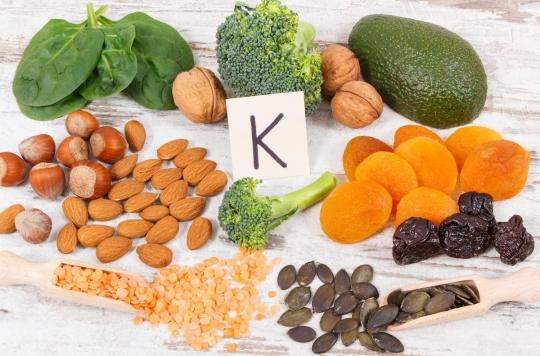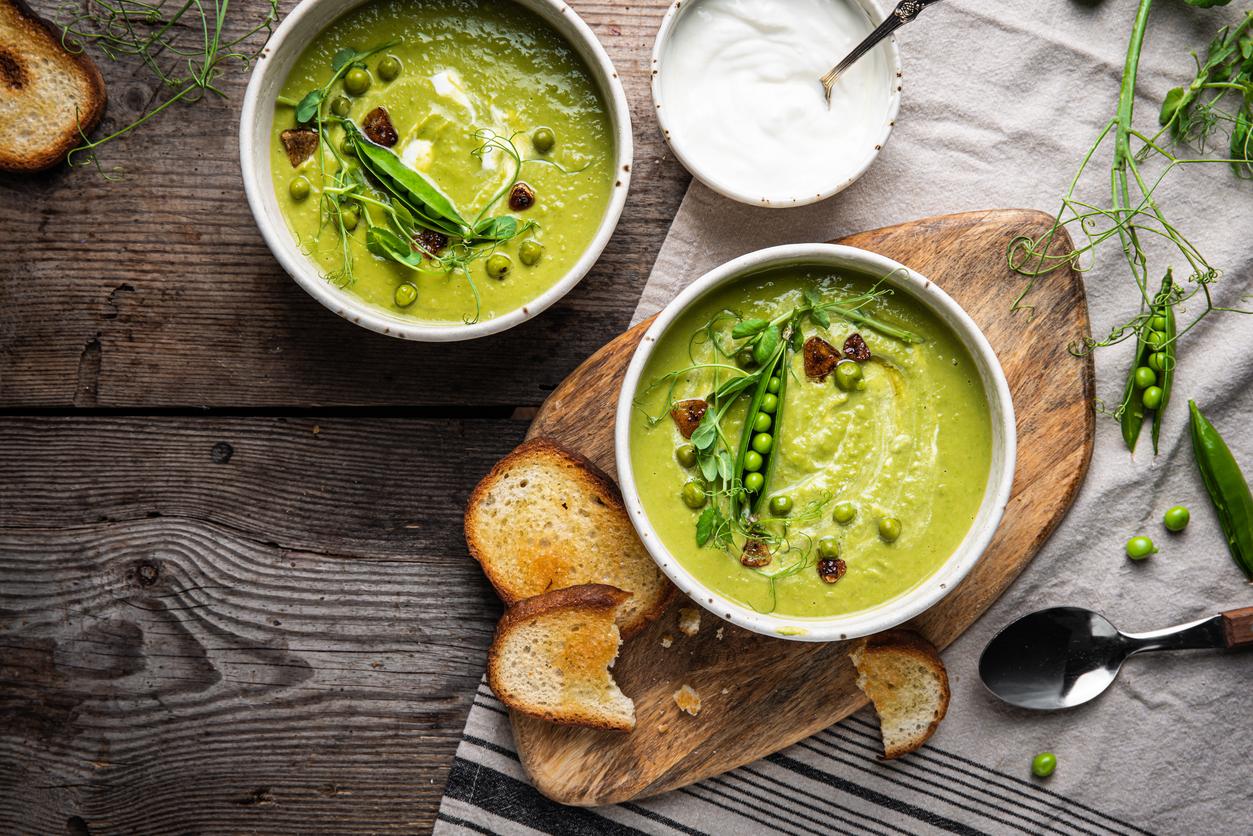People with a diet rich in vitamin K have an up to 34% lower risk of cardiovascular disease linked to atherosclerosis.

- Vitamin K1 comes mainly from green leafy vegetables and vegetable oils, while vitamin K2 is found in meat, eggs and fermented foods such as cheese.
- People with the highest vitamin K1 intakes are 21% less likely to be hospitalized for atherosclerosis-related cardiovascular disease.
- For vitamin K2, the risk of being hospitalized decreases by 14%.
Diet plays an essential role in cardiovascular disease. Recently, researchers have shown that consuming plant foods is effective in reducing risk. In new research, Australian scientists have shown that eating a diet rich in vitamin K reduces the occurrence of heart disorders related to atherosclerosis, which is characterized by a buildup of plaque in the arteries, by up to 34%. The results were presented on August 7 in the Journal of the American Heart Association.
From 14% to 34% risk reduction
There are two types of vitamin K in food. Vitamin K1 comes mainly from green leafy vegetables and vegetable oils, while vitamin K2 is found in meat, eggs and fermented foods such as cheese.
The study found that people with the highest vitamin K1 intakes are 21% less likely to be hospitalized for atherosclerosis-related cardiovascular disease. For vitamin K2, the risk of being hospitalized decreases by 14%. Combined, this figure rises to almost 35% for all types of heart disease related to atherosclerosis, especially for peripheral arterial disease. To find these results, the team of researchers looked at data from more than 50,000 people who take part in a 23-year nationwide study in Denmark that tracks diet, cancer and health.
A major cause of death
The role of vitamin K in cardiovascular health offers hope for improving the health of many patients. “Cardiovascular disease remains a major cause of death and there is still limited understanding of the importance of different vitamins found in foods and their effect on heart attacks, strokes and peripheral arterial disease.”, continues Jamie Bellinge, lead author of the study.
The foods in which we find the most vitamin K1 are green cabbage, spinach, broccoli, soybeans, carrot juice, blueberries, pomegranate juice or lettuce. Organ meats, whole cheese, butter and cream are among the richest in vitamin K2.
.

















